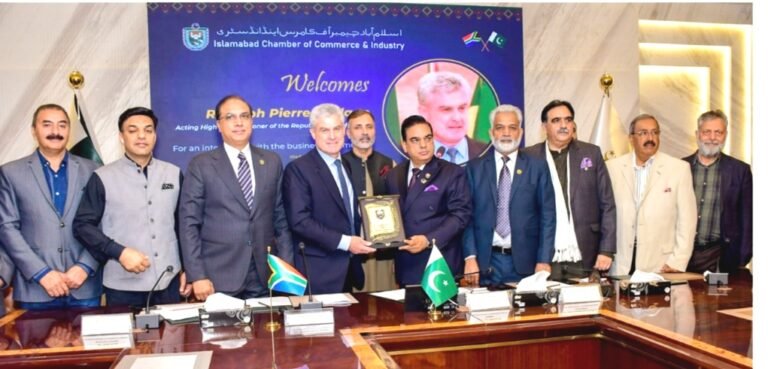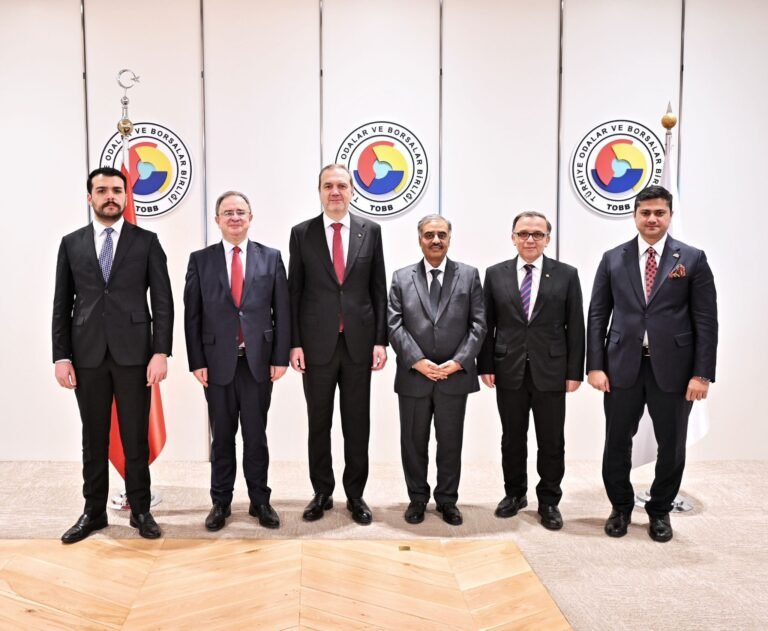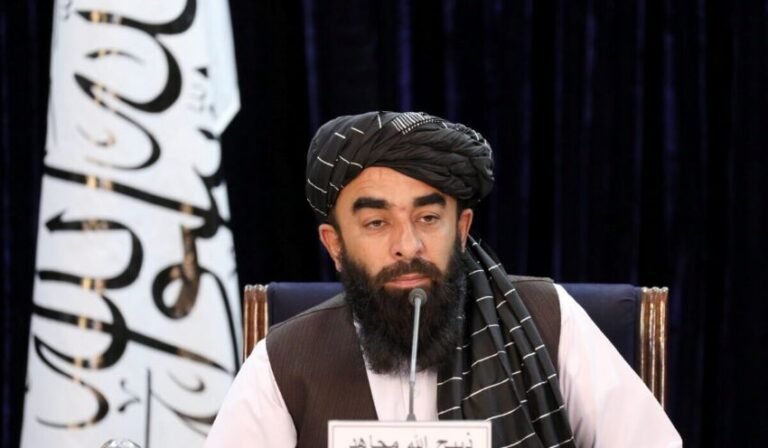Lilongwe, 2 December 2021 (TDI): Ireland partners with the World Food Program in Malawi and the Malawi Government to combat hunger in Malawi. The partners plans to strengthen systems and improve nutrition in Malawi for better growth of the youth of Malawi.
Malawi is a landlocked East African country with a population of over a 17.5 million people. The majority of Malawians depend on Agriculture as a source of livelihood, but climate-related shocks have resulted in poverty, especially among the rural population.
Malawians dwelling in rural areas are highly affected by climate change as they constantly face flooding, which increases in intensity and frequency and threatens food security in Malawi.
It was predicted that more than 2.8 million people would face hunger in the coming months. According to the United Nations World Food Programme, Malawians have faced the worst food crisis in a decade in Malawi, where a staggering four out of every ten children suffer from stunting. The chances are that they will still face more food crises with the rise of climate change.
To combat hunger, and to achieve Sustainable Development Goal number 2, that demands zero hunger, the World food program Malawi has emphasized its transition from providing relief to resilience, addressing the root causes of food insecurity, and scaling up its interventions with a focus on integrated resilience.
World Food Program Malawi is a nonprofit organization located in Lilongwe. It works to combat hunger in Malawi. It is financed entirely by voluntary contributions from governments, companies, and private individuals.
To achieve its aims, the world food program partners with the government, other United Nations agencies, nongovernmental organizations, civil society, and the private sector to achieve the SDGs, particularly zero hunger.
According to United Nations, WFP has provided relief assistance to avert hunger in households hit by poor rainfall during the 2013/14 growing season and the floods in early 2015. This operation reached more than one million vulnerable people.
Regardless of WFP’s notable achievements in Malawi, more work still needs to be done to ensure food security in the country, as many Malawians are in danger of being wiped out by a food crisis.
Thus, to protect human lives, reach more lives, achieve Sustainable Development Goals, and reduce the number of lives lost to hunger and its related diseases like malnutrition, Ireland partnered with the Malawi Government and the world food program Malawi. These bodies hope to work together to strengthen the food systems and improve nutrition in Malawi.















